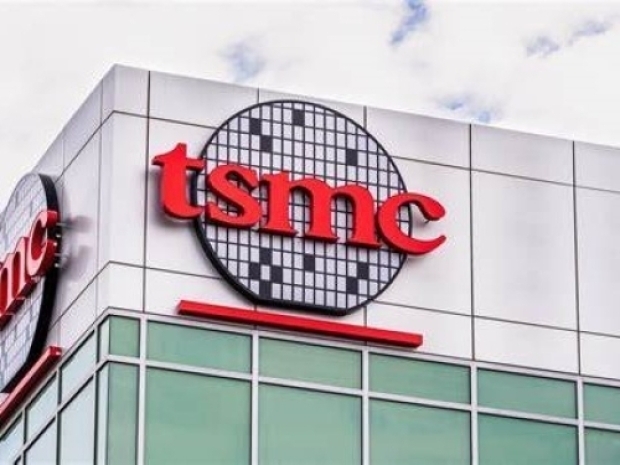The world’s biggest contract chipmaker expects third-quarter revenue to land between $31.8 billion and $33 billion, a hefty 38 per cent jump from last year and around eight per cent higher than the previous quarter at the midpoint.
On the earnings call, TSMC chief executive C.C. Wei said the firm sees full-year 2025 revenue growing by around 30 per cent in US dollar terms, fuelled by AI workloads and demand for its bleeding-edge processes.
The June quarter’s numbers were ahead of estimates, with revenue hitting NT$933.80 billion (€27.36 billion) compared to the NT$931.24 billion (€27.30 billion) forecast. Net income reached NT$398.27 billion (€11.67 billion), comfortably topping the NT$377.86 billion (€11.08 billion) expected. Shares were up more than four per cent on Robinhood early in US trading.
High-performance computing, covering AI and 5G gear, accounted for 60 per cent of sales in the second quarter, up from 52 per cent a year ago. The AI gold rush has been a money spinner for TSMC, which churns out chips for Nvidia and the Fruity Cargo Cult Apple.
Counterpoint Research associate director Brady Wang said: “The primary driver of growth for TSMC has been the robust demand for AI related chips, particularly for the leading edge nodes below 7nm."
Smaller nanometre processes mean more compact and efficient transistors, and TSMC said chips at 7nm or below now make up 74 per cent of its wafer revenue.
“Surging demand from the AI boom is highly sustainable in the near term, with AI still in its very beginning stages and continues to expand across industries,” Wang added.
US President Donald Trump has been rattling his sabre over “reciprocal tariffs” on Taiwan, slapping 32 per cent duties in April and threatening even more pain for semiconductors.
“Looking into second half of 2025 we have not seen any change in our customers’ behaviour so far. However, we understand there are uncertainties and risk from the potential impact of tariff policies,” Wei warned.
US export controls have already restricted TSMC’s business with China, along with Nvidia and AMD, though there are signs of a thaw as both chip designers said they’ve received government assurances to resume shipping products into the Middle Kingdom.
Analyst Sravan Kundojjala from SemiAnalysis said TSMC faces currency headaches from a strengthening Taiwan dollar and potential order cuts from smartphone and PC makers if the global economy keeps wobbling.

